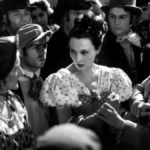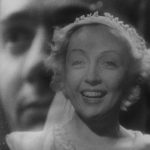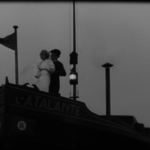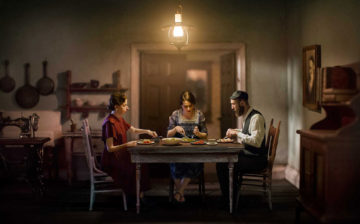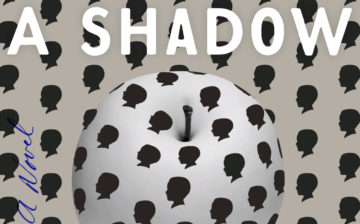Workshops
Journey through the rich delights and extraordinary risks that define French cinema
There are no available registration dates at this time.
NOTE: This class will be held in a live, online format using the Zoom Platform.
Class meets Tuesdays 8-9:45pm ET
Few nations have contributed more to the art of cinema and the development of film culture than France. This course will cover the history of French cinema, using key films, artists, and movements to shed light on the evolution of cinematic style.
Join film historian and critic Imogen Sara Smith for this fascinating journey through French film history. In addition to being a regular speaker on The Criterion Channel, and on disc commentaries for Criterion and other labels, Imogen is the author of two books on film and has published many articles and essays in leading film publications.
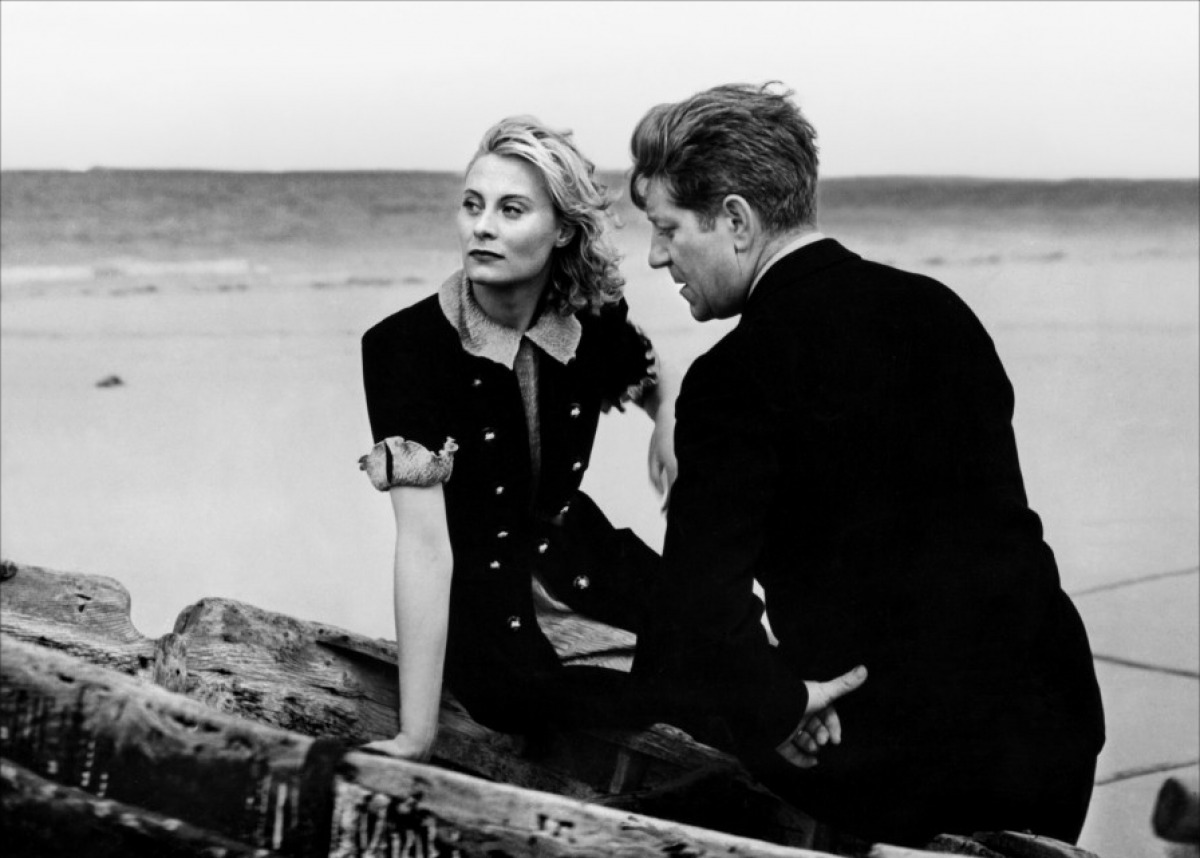
The first six decades of French cinema were an extraordinary period of invention and reinvention. In December 1895 in Paris, the inventors Louis and Auguste Lumière presented the world’s first public screening of projected motion pictures. Their short “actualities” documented everyday life and sowed the first seeds for comedy, while the short films of Georges Méliès, a former stage magician, introduced fantasy, science fiction, and special effects. In 1896, Alice Guy-Blaché became the first female filmmaker, and she went on to be a pioneering director and producer, running her own studio in America. While the French film industry suffered from the effects of World War I and the rise of Hollywood, the arrival of sound prompted a renaissance, and France once again broke ground with the inventive, witty, and quintessentially Gallic musical comedies of René Clair.
The 1930s were a golden age for French film, with masters like Jean Renoir, one of cinema’s greatest humanists, the poetic realist and proto-noir films of Marcel Carné and Jean Gremillon, and the surreal, avant-garde films of Jean Vigo, Jean Epstein, and Jean Cocteau (that’s a lot of Jeans!) World War II and the Nazi Occupation disrupted many careers, but French cinema roared back after the War as critics discovered a new brand of American crime movies they dubbed “film noir,” and France launched its own tough and dazzlingly stylish series of crime thrillers by the likes of Henri-Georges Clouzot, Jacques Becker, and Jean-Pierre Melville. Brilliant and singular artists like Melville and Robert Bresson have had a lasting influence on filmmakers around the world. (And if you took this instructor’s film noir class last winter, you’ll be exploring new filmmakers and new ideas that pushed that style and sensibility forward.)
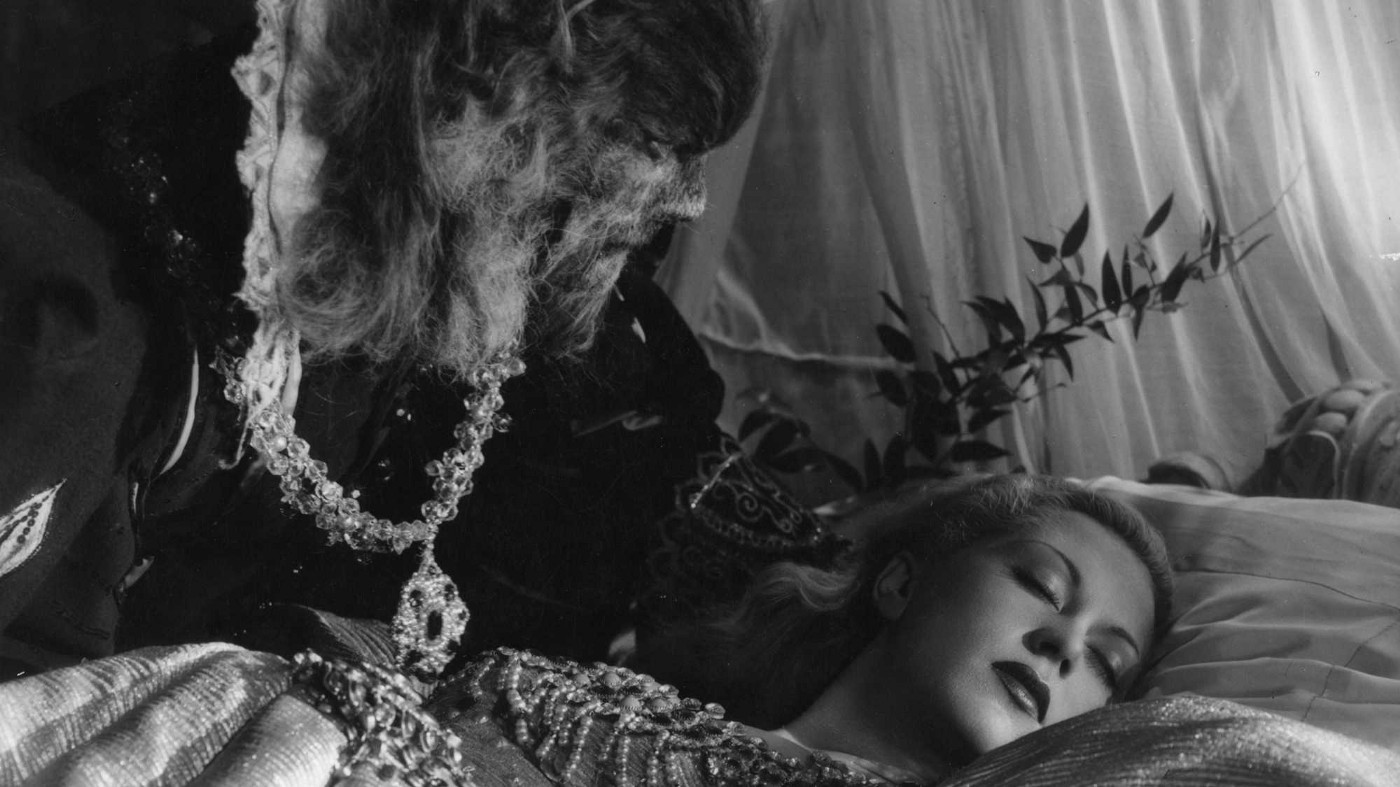
In the 1950s, the impassioned and argumentative young critics at the journal Cahiers du Cinéma changed film culture forever with their development of the politique des auteurs (auteur theory), rejection of France’s “tradition of quality,” and championing of Hollywood genre filmmakers. Turning to directing, they would shatter conventions of filmmaking, storytelling, and polite behavior in the 1960s. (In Part Two of this class, we will start by exploring how Jean-Luc Godard, Francois Truffaut, Eric Rohmer, Claude Chabrol, and Jacques Rivette, together with directors like Agnès Varda, Jacques Demy, and Alain Resnais, gave birth to the French New Wave, a movement that is still inspiring filmmakers around the world.)
This survey of French film history will be offered in two parts that can be taken individually or as a sequence. Part two ‘French Cinema: Breaking Rules & Boundaries 1960-2022’ (January 17-March 14, 2023), will pick up with the New Wave and run through the present day, with an emphasis on the emergence of women filmmakers (Agnès Varda, Chantal Akerman, Claire Denis) and post-colonial voices, as well as delving into genres like comedy and the musical.
Participants will watch films through online streaming platforms, read key texts, and join a virtual classroom for live lectures and group discussions. No knowledge of French is required; all films will be subtitled and any readings will be in English.
Come fall in love with French cinema!
Register for this workshop
Please note: Participants may incur the expense of renting some films via widely available streaming platforms, although many of these films are available without additional charge if you subscribe to certain channels (e.g. The Criterion Channel, Kanopy, etc.)
This course is open to students of all experience levels.
Share This
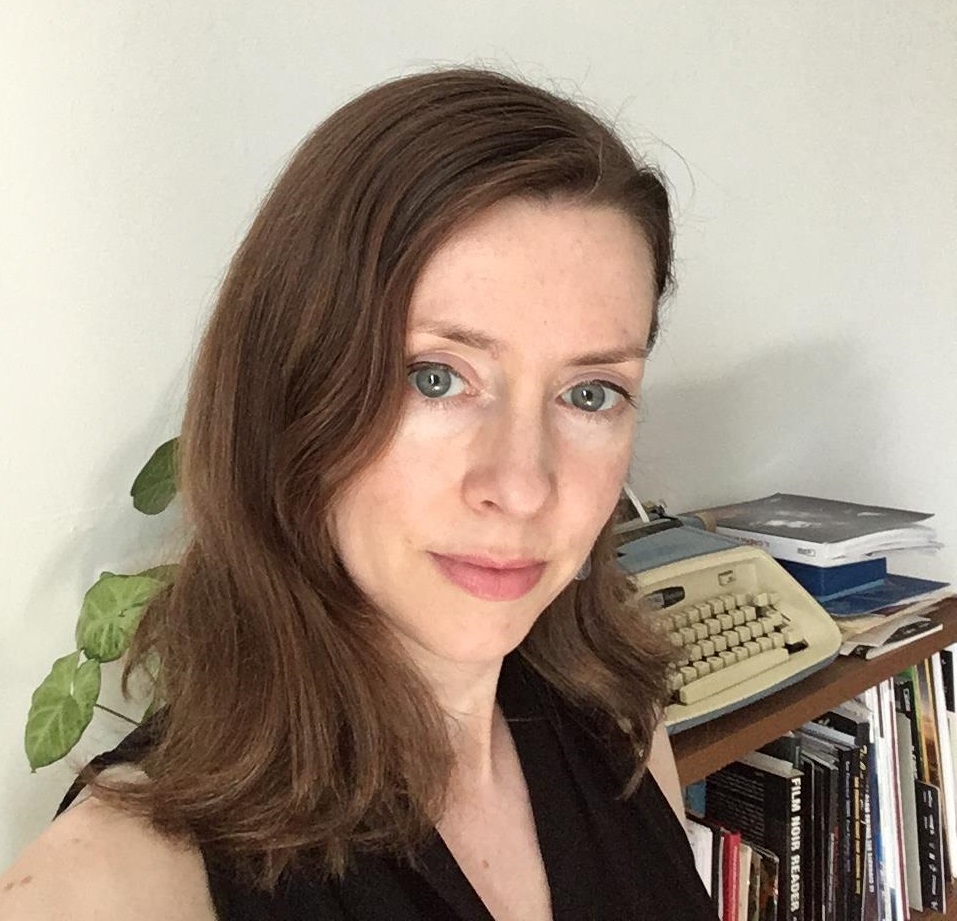
Instructor: Imogen Sara Smith
Imogen Sara Smith is a film critic and historian based in New York City. She is the author of two books, In Lonely Places: Film Noir Beyond the City and Buster Keaton: The Persistence of Comedy, and her work has appeared in Film Comment, Sight & Sound, Cineaste, Reverse Shot, The Criterion Collection, and many other venues. She is a regular speaker on The Criterion Channel, on disc releases from Criterion, Kino Lorber, and other distributors, and at national and international film festivals. She has taught courses on film noir at the School of Visual Arts in New York.


